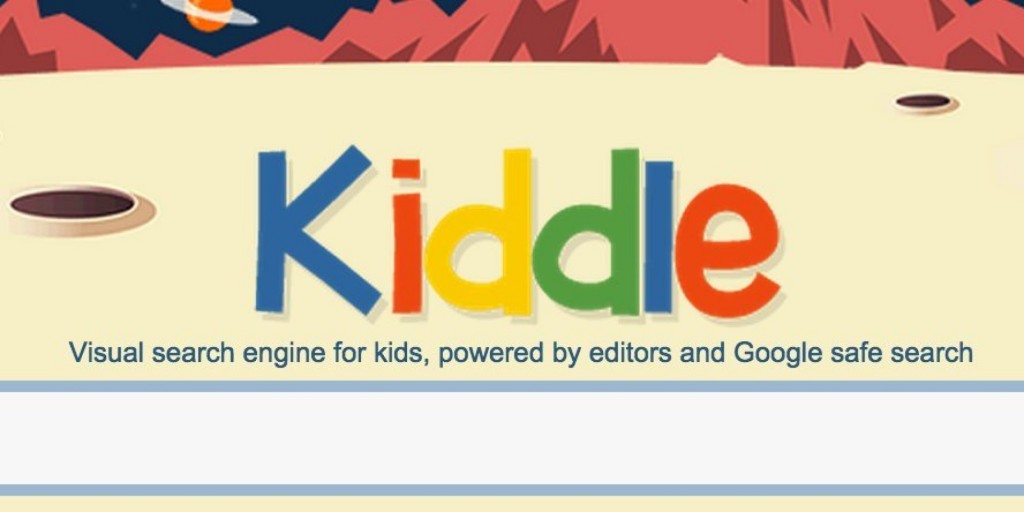 It was only a matter of time that the internet would become so prolific that we would need a better way for children to access it. Thus was born Kiddle, the child-friendly search engine.
It was only a matter of time that the internet would become so prolific that we would need a better way for children to access it. Thus was born Kiddle, the child-friendly search engine.
Kiddle combines the tech of Google’s Safe Search filter with curated, editorially-controlled keyword and site blacklists. While this may sound like a beautiful concept, it is imperfect; or rather, the internet is an imperfect ecosystem, and this has led Kiddle into some hot water.
Apparently, a Kiddle search query for anything within the LGBT community yields no results. The response you get from Kiddle if you attempt to find this content is “You have entered an LGBT related search query. Please realize that while Kiddle has nothing against the LGBT community, it’s hard to guarantee the safety of all the search results for such queries. We recommend that you talk to your parent or guardian about such topics.”
Kiddle responds that their choice to do so was not to block valuable information but to restrict access to information which might contradict its value system.
The search engine remarks, “Most LGBT sites have forums and user generated content. Even one picture of a half naked man posted as an avatar on such sites (after the site has been vetted) is enough to turn away most parents.”
For example, Kiddle has already blocked the term “sex education” because it can lead to the illustrations contained within many sites hosting more provacative material. They also intimate that the site is intended for all children and this means that even though a child of 12 might be ready to digest this kind of information, a child of five probably isn’t.
On their website, they describe: “Since Kiddle results are either handpicked and checked by our editors or filtered by Google safe search, you know you get kid-oriented results without any explicit content. In case some bad words are present in a search query, our guard robot will block the search.”
